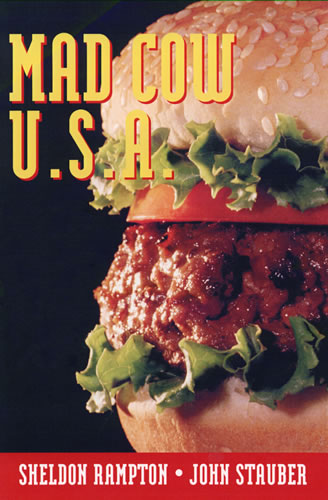What the Pentagon Pundits Were Selling on the Side: Propaganda Meets Corporate Lobbying
The Pentagon launched its covert media analyst program in 2002, to sell the Iraq war. Later, it was used to sell an image of progress in Afghanistan, whitewash the U.S. detention center at Guantanamo Bay, and defend the Bush administration's warrantless wiretapping, as David Barstow reported in his New York Times expose.
 But the pundits weren't just selling government talking points. As Robert Bevelacqua, William Cowan and Carlton Sherwood enjoyed high-level Pentagon access through the analyst program, their WVC3 Group sought "contracts worth tens of millions to supply body armor and counterintelligence services in Iraq," reported Barstow. Cowan admitted to "push[ing] hard" on a WVC3 contract, during a Pentagon-funded trip to Iraq.
But the pundits weren't just selling government talking points. As Robert Bevelacqua, William Cowan and Carlton Sherwood enjoyed high-level Pentagon access through the analyst program, their WVC3 Group sought "contracts worth tens of millions to supply body armor and counterintelligence services in Iraq," reported Barstow. Cowan admitted to "push[ing] hard" on a WVC3 contract, during a Pentagon-funded trip to Iraq.
Then there's Pentagon pundit Robert H. Scales Jr. The military firm he co-founded in 2003, Colgen, has an interesting range of clients, from the Central Intelligence Agency and U.S. Special Operations Command, to Pfizer and Syracuse University, to Fox News and National Public Radio.
Of the 27 Pentagon pundits named publicly to date, six are registered as federal lobbyists. That's in addition to the less formal -- and less transparent -- boardroom to war-room influence peddling described above. (There are "more than 75 retired officers" who took part in the Pentagon program overall, according to Barstow.)
The Pentagon pundits' lobbying disclosure forms help chart what can only be called a military-industrial-media complex. They also make clear that war is very good for at least some kinds of business.

 The U.S.
The U.S.